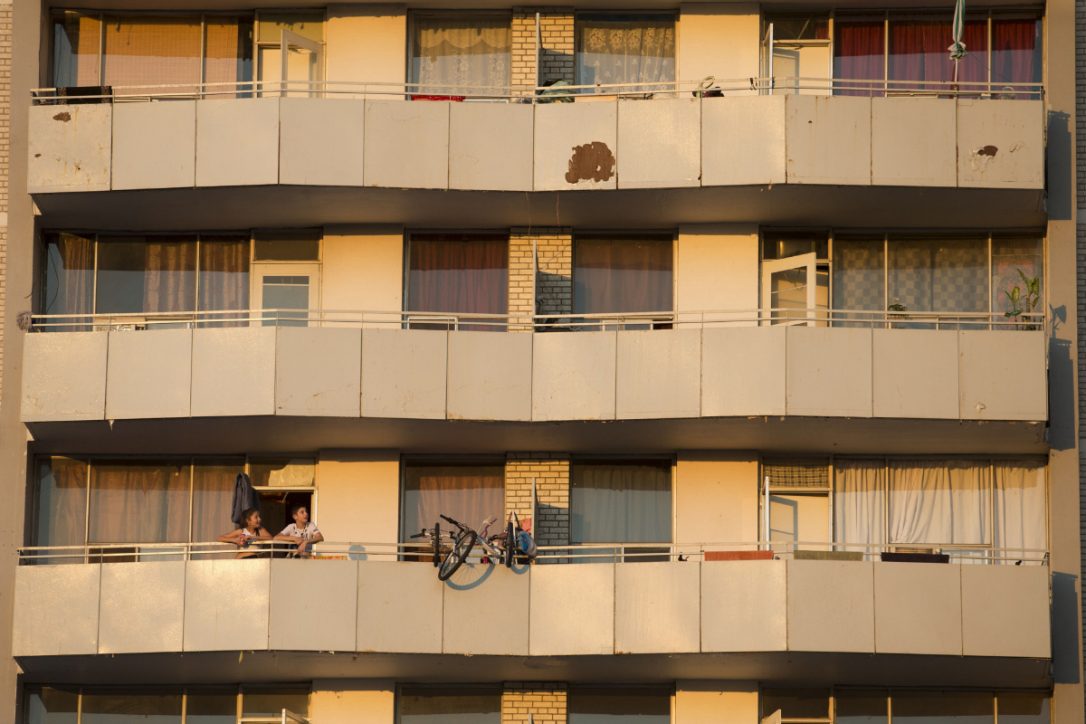Toronto Star: Tenant protection bylaw hailed as ‘groundbreaking’
Posted December 19, 2016
New rules approved by city council will transform the way rental housing is monitored and should result in cleaner, safer units.
Posted December 19, 2016
 Tenant activists and their council allies have scored a major victory in the fight for tenant rights with the approval of a new bylaw for rental apartments.
Tenant activists and their council allies have scored a major victory in the fight for tenant rights with the approval of a new bylaw for rental apartments.The new rules, accepted by city council Wednesday, will transform the way rental housing is monitored and should result in cleaner and safer units across the city.
It will mean property owners must register with the city, have a comprehensive pest management plan that includes licensed professionals, use licensed contractors for all repairs and have a state of good repair capital plan.
Tenant complaints will be tracked and there will be hard targets and timelines for city staff and landlords to ensure repair issues are quickly resolved.
“This demonstrates that Toronto councillors as a whole recognize that tenants need us to take substantive action to make sure that they are better protected,” Councillor Josh Matlow told the Star after the vote.
“For far too long, too many landlords have been able to keep their buildings in disrepair, leaving renters in shameful conditions without as much accountability and consequences as we need. We have taken a stand today.”
The estimated cost of the program is $5 million, with 53 per cent of the money expected to be recovered from an annual landlord registration fee, costing $10.60 for each unit in privately owned buildings, 12 per cent from enforcement action, and 35 per cent from property taxes.
The rules will apply to about 3,500 buildings — with three or more storeys and 10 or more units — holding roughly 350,000 rental units, including those run by Toronto Community Housing. In Toronto, council heard, roughly half of the city lives in rental homes.
If the funding plan is adopted through the upcoming budget process it would also mean 12 new full-time staff members working in inspection and bylaw enforcement, on top of a staff of 24.
The proposal includes the potential creation of a ranking system for rental buildings, similar to the city’s DineSafe program, and consists of a colour-graded sign with a rank, for example, A through F, Pass or Fail, to be posted in the lobby.
City staff will have until March to craft a draft bylaw and aim to include the recommended staffing levels and program costs as part of 2017 budget discussions and then launch the program by next summer.
The number of new hires and the direction to city staff to move forward on the feasibility of the ranking system came in two motions introduced during debate and were notable victories for both tenant activists and council members long invested in tougher rules for landlords.
The original proposal presented to council recommended six new hires and examining whether a ranking system was feasible, but only after the program had launched. It had also proposed an annual fee of $8 per unit, and a total estimated program cost of about $4.5 million. The amended program, council heard, will still result in a net savings in staff’s 2017 budget and most of the costs will be recovered through enforcement.
Mayor John Tory voted against the new funding and staffing plan.
Tenant advocacy group ACORN has been fighting for tougher rules for more than a decade, and had also pushed for more staff and a visible ranking system.
“We are thrilled that city councillors are on our side and we look forward to being able to show the condition of all apartment buildings in Toronto,” said ACORN spokesperson and Weston chairperson Laurie Simpson, following the vote.
Staff will also report back on policies and procedures that could give city staff stronger tools to penalize bad landlords.
Councillor Janet Davis called the new bylaw “groundbreaking” and a “framework for a very comprehensive approach to improving the quality, maintenance and cleanliness of buildings in the city of Toronto.”
She said the biggest complaint she hears from tenants is that landlords fail to follow repair orders and the new rules will “put a full court press on to a landlord that is not keeping their building in good repair.”
Council will also request that the province amend the building code act, or any other relevant legislation, to authorize the city to establish a penalty system for property standards violations and introduce regulations that would exempt the fee from eligibility for an above-guideline rent increase.
At a meeting before the city’s Licensing and Standards Committee in late November, the city’s lawyer said there are “limited avenues” for the fee, which he clarified is not a tax, to be passed on to tenants and that the provincial rules surrounding that are very clear.
***
Article by Emily Mathieu for Toronto Star
